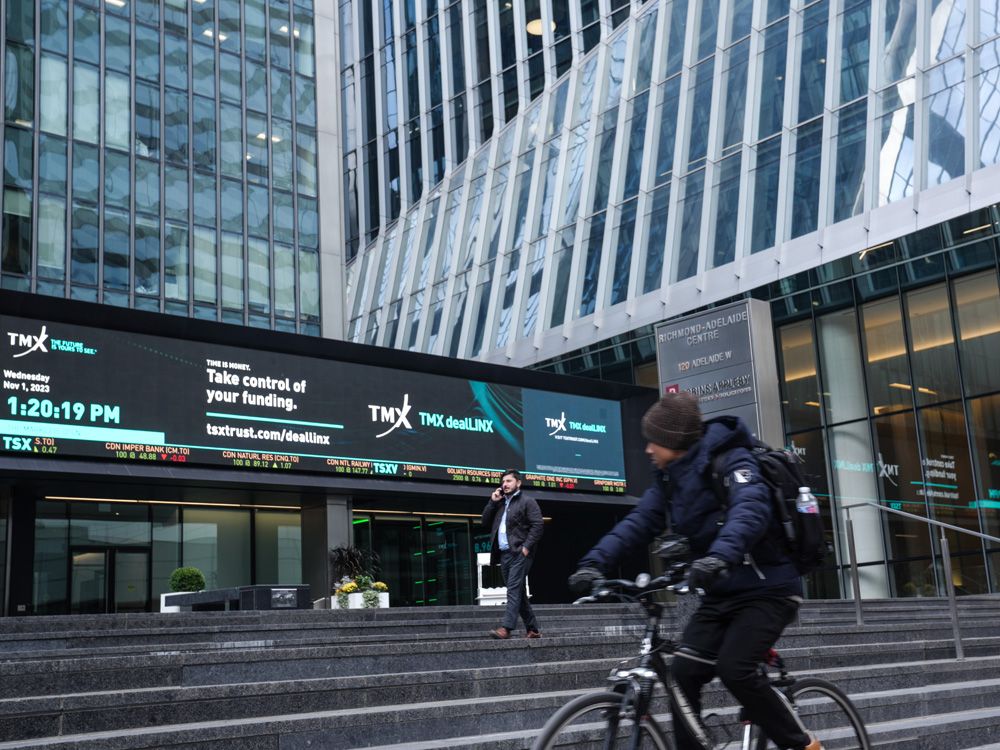Geopolitical instability and a packed election calendar have strategists wary of 2024

Geopolitical risks will be the key threat to the economic outlook for 2024, as large-scale wars converge with a slew of pivotal elections across major global powers.
As the world’s financial institutions map out the investment landscape for next year, they expect an increasingly fraught geopolitical backdrop and greater divergence across key regions, compounding uncertainty and market volatility.
In a global risk survey carried out among 130 businesses last month by Oxford Economics, almost two-fifths of respondents viewed the Israel-Hamas war as a very significant risk to the global economy over the next two years.
Yet worries over relations between China and Taiwan and Russia and NATO were similarly widespread, and geopolitical tensions were the top business concern over both the near and medium term, with 62% of businesses citing geopolitics as a very significant risk to the global economy.
“Deglobalisation and persistently higher oil prices, both of which could be triggered by an intensification of geopolitical tensions, are also fairly prominent in the latest survey,” Oxford Economics researchers said.
The International Monetary Fund expects global growth to slow to 2.9% in 2024, amid widening divergence between regions — stronger growth is projected in the U.S. and large emerging markets, while China and the euro area are expected to struggle.
In its 2024 investment outlook published Monday, Goldman Sachs Asset Management noted that elections in the U.S., U.K., South Africa, India, Taiwan and Russia will add to the range of possibilities for the global economy to diverge from its current path.
The Wall Street giant’s asset management arm noted that concerns over government debt sustainability and the fiscal trajectory in the U.S. may mount in the run-up to the presidential election of next November, while domestic socioeconomic risks — such as strikes in certain industries amid stubbornly high inflation — could persist across major economies and further weigh on growth.
“Rising geopolitical tensions could trigger more trade restrictions across the globe, resulting in further economic fragmentation. We expect economies to continue to invest heavily in their economic security over the next 12 months and beyond,” GSAM strategists wrote.
“This may be driven by developed markets ‘re-shoring’ and ‘friend-shoring’ critical supply chains that remain highly interdependent and, in some cases, over-concentrated, such as leading-edge semiconductors.”
Russia-Ukraine, Israel-Hamas, China-Taiwan
The view was echoed by Ronald Temple, chief market strategist at Lazard, who said in a global outlook report last week that, while predicting the course of any single geopolitical crisis is fraught, what is clear is that “the global trajectory is toward more frequent conflicts of increasing consequence.”
“Navigating the evolving — at times treacherous — geopolitical landscape will likely require access to deep wells of expertise, as geopolitical issues that could have been ignored in the past now stand to directly impact companies’ supply chains and customer bases,” Temple said.
“Ongoing geopolitical conflicts and tensions are likely to depress growth further, while adding to inflationary pressures that are beyond the control of central banks.”
Temple predicted that the Russia-Ukraine conflict will extend well into 2024, as the Ukrainian counteroffensive loses momentum due to the encroaching winter, while concerns mount over the reliability of Western funding and military aid.
“While a negotiated settlement is likely the only way to end the war, both sides remain far from the point of agreeing to capitulate on their grand designs — that is, for Russia to control all of Ukraine and for Ukraine to control all of its sovereign territory,” he said.
As for the Middle East, the most “combustible situation” would be a spillover of the Israel-Hamas conflict into nearby states, including Iran, which could “spiral into a regional conflict with global and military implications.” The primary risk of this form of escalation would be a disruption of the transit of energy supplies through the Strait of Hormuz, through which around 20% of global oil supply is shipped.
But Temple contended that all parties, including Iran, Israel and the United States have strong incentives to avoid this outcome, and that the most economically consequential geopolitical situation is China’s multifaceted tensions with the West over competition and Taiwan.
“Early 2024 Taiwan elections will set the stage for the rest of the year. The Democratic Progressive Party (DPP) is currently well ahead of the more Beijing-friendly Kuomintang (KMT),” he noted.
“A DPP victory would likely escalate tension with Beijing as the DPP is seen as favoring a formal declaration of independence, a red line for the Chinese government.”
A clear result of both direct industrial competition between China and the U.S. and concerns over China’s intentions in Taiwan is growing supply chain fragmentation, as trade tariffs and barriers along with post-Covid logistical concerns have led developed economies to pursue “friend-shoring” or “near-shoring” policies.
“These plans are proving more difficult than policymakers might have envisioned, given inertia around supply chains and the challenge of cultivating the necessary skills among workers in new locales,” Temple said.
“Still, geopolitical tension is contributing to economic fragmentation which, at least in the short run, may dampen global growth and contribute to inflationary forces.”
On a positive note, Temple suggested that sustained disinflation should allow the U.S. Federal Reserve and other central banks to consider cutting interest rates as early as the second quarter, which should “mitigate headwinds to growth and invigorate capital expenditures in anticipation of a cyclical economic rebound.”
Security and semiconductors
GSAM’s head of asset and wealth management, Marc Nachmann, and his team expect critical mineral supply chains to receive attention due to their growing importance in the clean energy transition, along with their potential vulnerability to supply shocks.
As a result, GSAM suggested investors should avoid trying to time the market or make calls on binary political or geopolitical outcomes, but instead take a proactive approach to asset allocation based on “extensive bottom-up research.”
“We think companies that successfully align with corporate and government efforts to boost the security of supply chains and resources as well as national security will emerge as long-term winners,” the strategists said, adding that firms with pricing power, durable business models and strong balance sheets should be the focus.
“Public equity market may present opportunities to gain targeted exposure to more established firms that produce semiconductors and to semiconductor manufacturing equipment, as well as to industrial automation and technology companies that are facilitating the reshoring of manufacturing.”
Demand for natural gas products is likely to rise, as nations seek affordable, reliable and sustainable energy, GSAM predicted, while growing and more complex security threats create opportunities for cybersecurity platforms and aerospace and defense technology providers.
Correction: This story has been updated to correct the spelling of Ronald Temple’s name.




